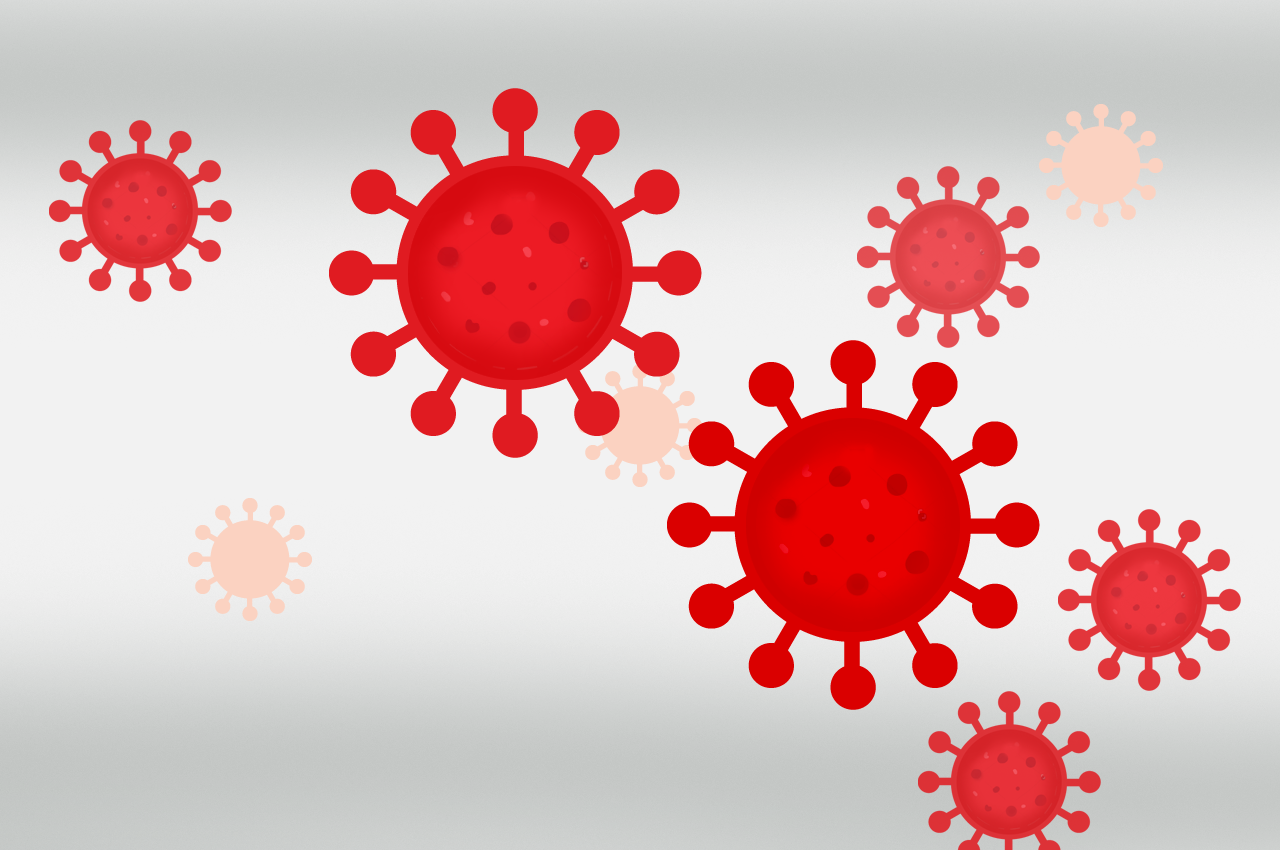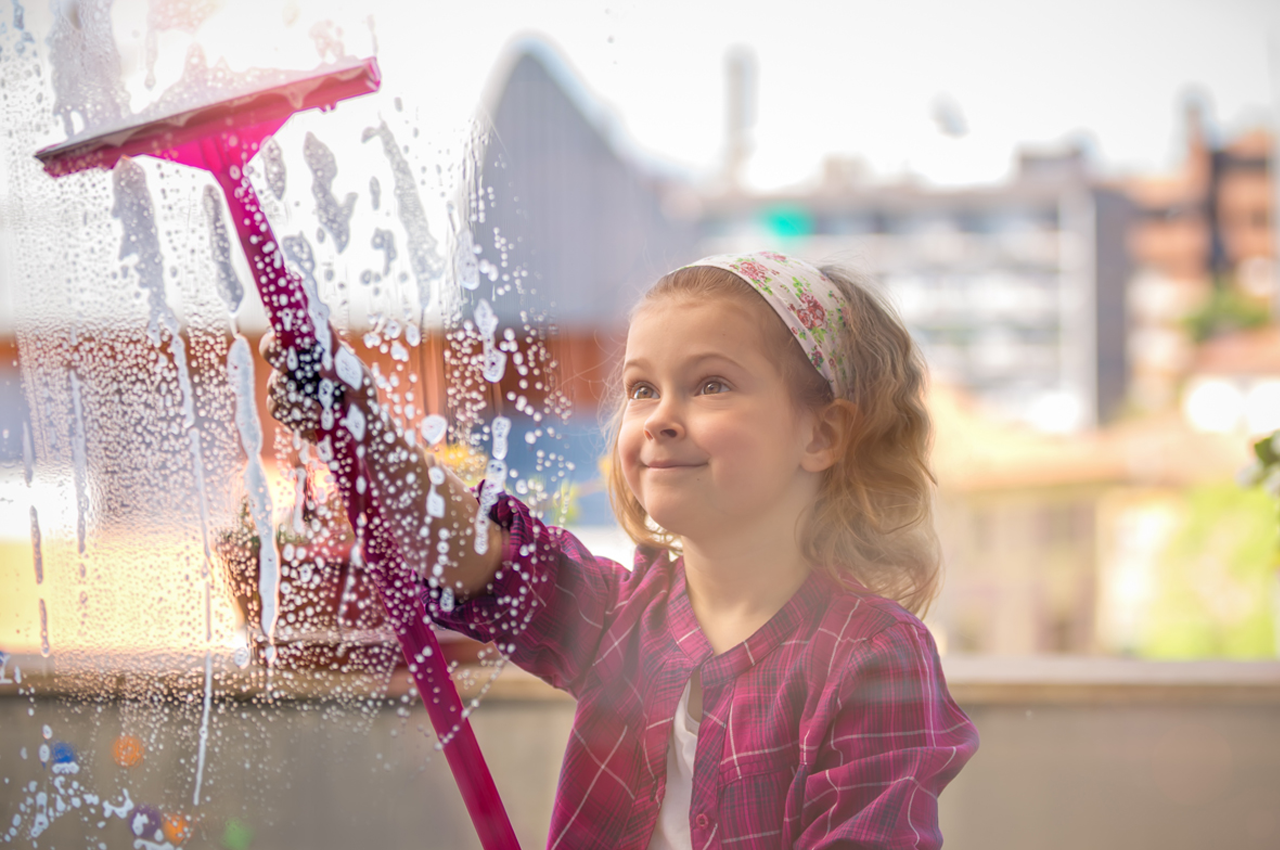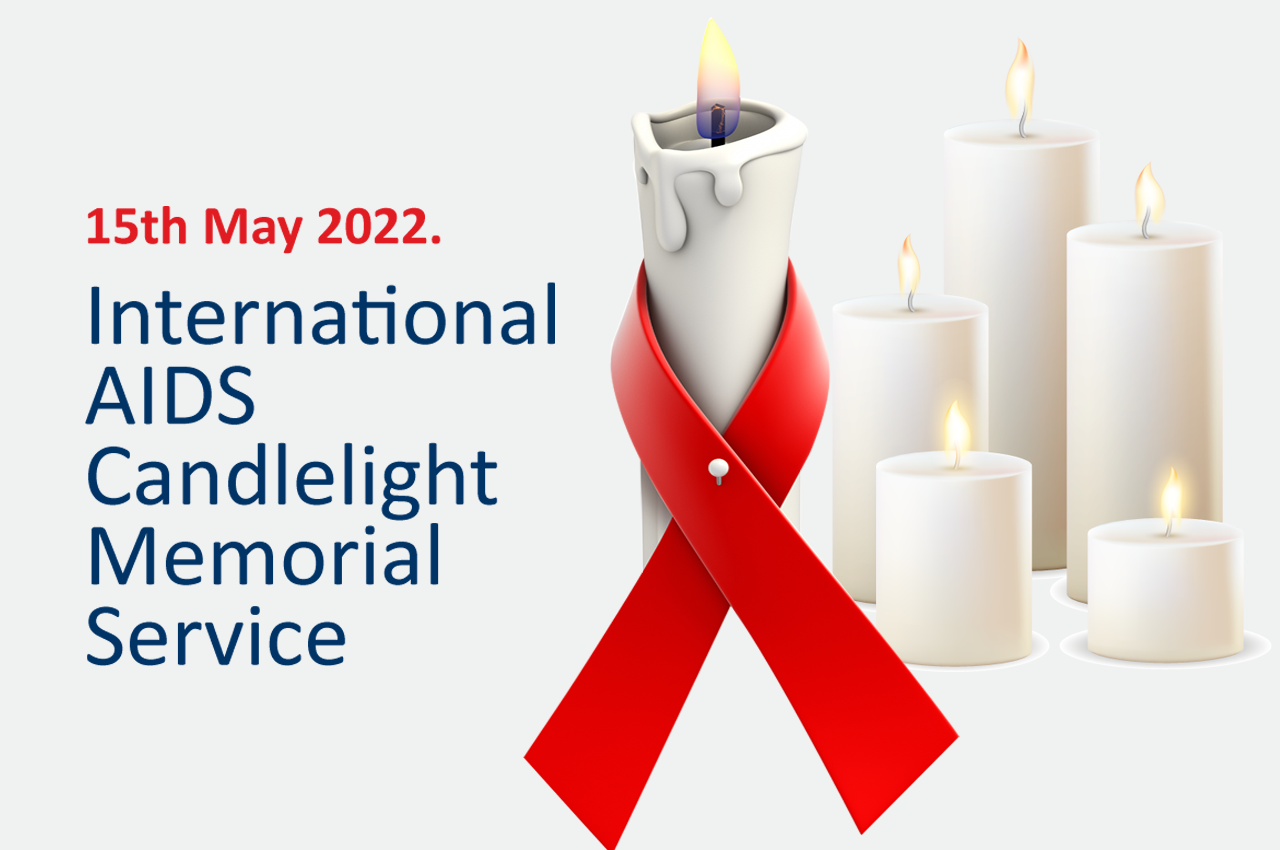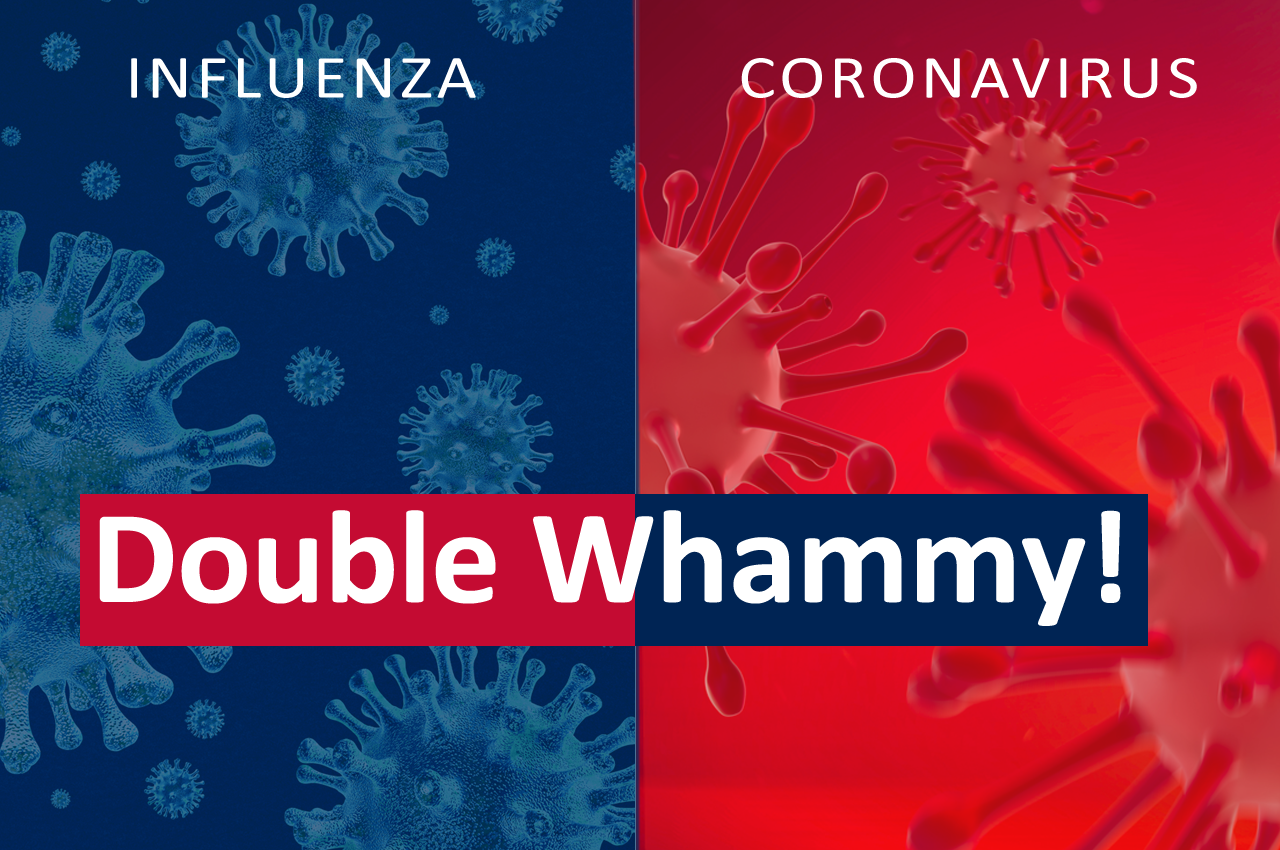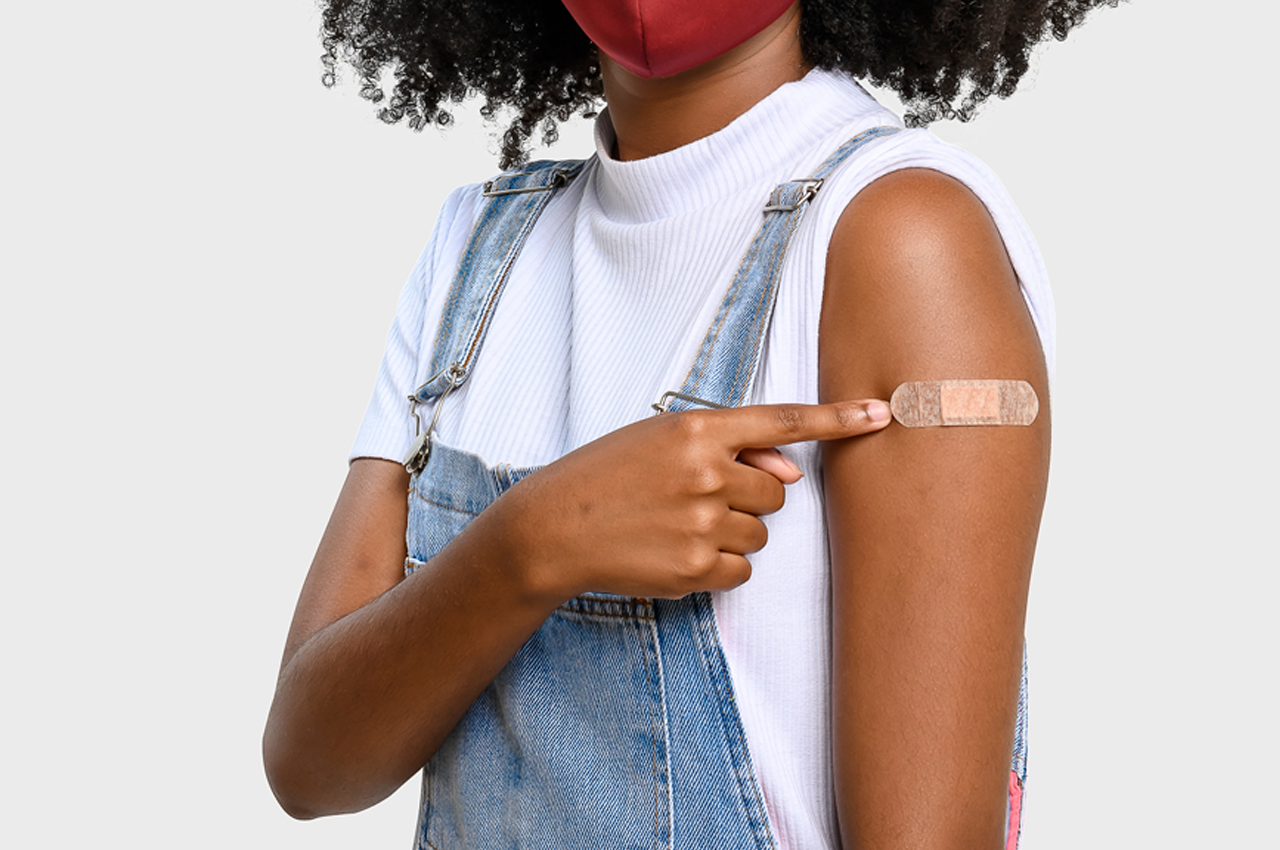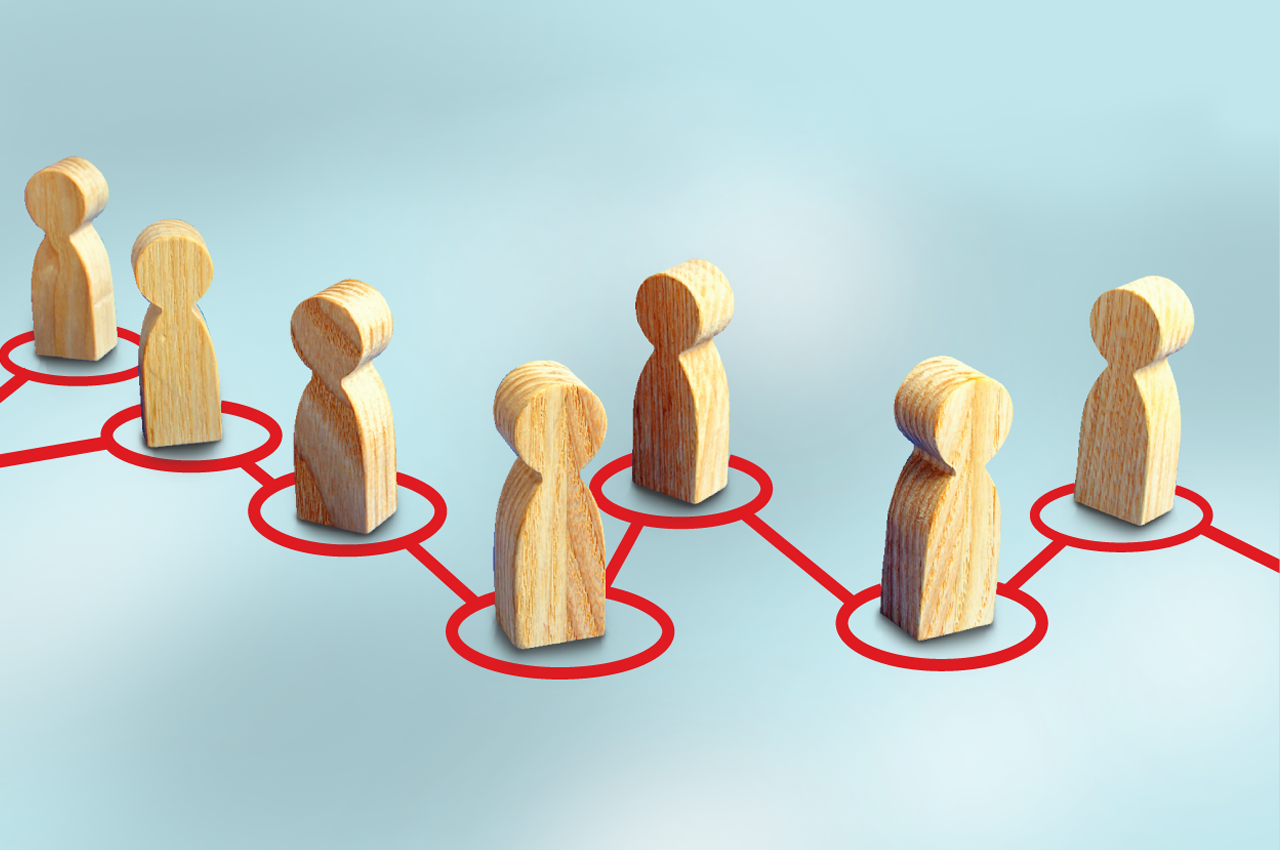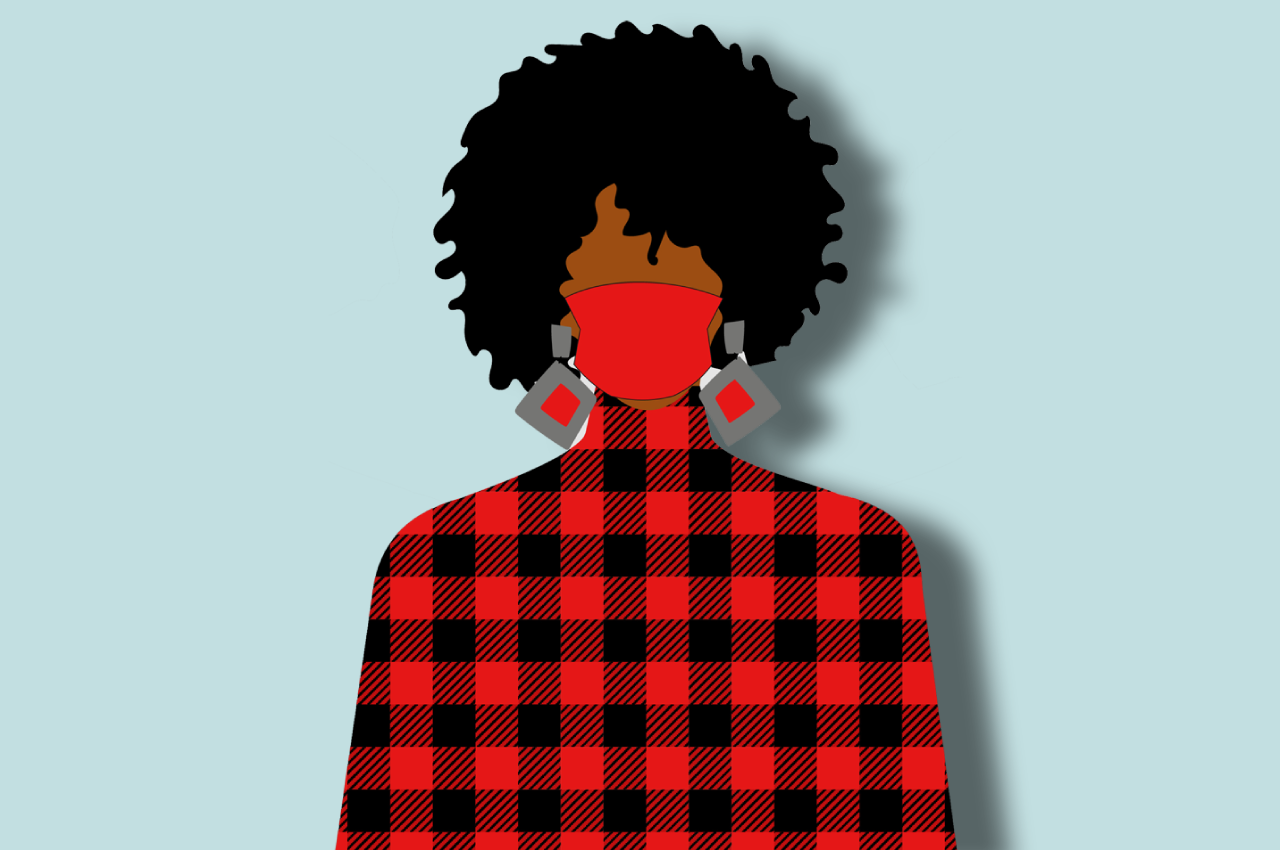As the COVID-19 pandemic progressed, it became evident that besides the potential for causing severe illness, many people can experience prolonged COVID symptoms. These can linger from weeks to months after their initial exposure to the virus. This is called ‘long-COVID’, or ‘post-acute COVID syndrome’. Those who experience it are known as the ‘long haulers’.
As with much else about COVID-19, long-COVID symptoms and their severity differ from person to person. That said, recent studies have found that 55% of long-COVID sufferers report profound fatigue, 25% have shortness of breath, and 26% have symptoms of depression.
Does this sound familiar?
COVID is teaching us things we never thought we needed to know; and one of those is that there is no such thing as a ‘typical’ COVID response. Yes, people with underlying conditions are at higher risk of severe illness, but we’ve also seen fit and healthy people with no health issues succumb to the disease. The same goes for long-COVID. It appears that most people who experience long-term symptoms may have had health issues before contracting the virus, or they developed very severe illness during their COVID-19 infection. But some people have no underlying issues at all and had mild symptoms when infected. So, when it comes to long-COVID, there certainly isn’t a one-size-fits-all approach!
Until recently, many people who experienced long-COVID weren’t taken all that seriously. It was only after the World Health Organisation published an official definition that more attention was given to the condition.
Some of the common symptoms of long-COVID include fatigue, breathing difficulties, insomnia, pain, and brain fog. Additionally, post-COVID-19 can adversely impact multiple organ systems, including the kidneys, lungs, pancreas, and heart. Symptoms may include a new onset following initial recovery from an acute COVID-19 episode, or persistence of the initial illness. Symptoms may also fluctuate or relapse over time.
Every long-COVID patient is different, and as such, every patient will need treatment specific to their symptoms. Education, support groups, stress management, stigma management and lifestyle changes can all help ease symptoms. Sleep is especially important, as is physical activity – as much as the body will allow. An important management tool is to track your patterns. Try to identify the triggers that bring on the utter exhaustion, headache or muscle aches, and avoid those as much as possible.
Finally, don’t be afraid to be vocal about how you’re feeling. Be open and honest with your doctor and your support structures about the symptoms you may be experiencing.
References
- Menges D, Ballouz T, Anagnostopoulos A, Aschmann HE, Domenghino A, Fehr JS, et al. (2021) Burden of post-COVID-19 syndrome and implications for healthcare service planning: A population-based cohort study. PLoS ONE 16(7): e0254523.
- WHO. A clinical case definition of post COVID-19 condition by a Delphi consensus, 6 October 2021

